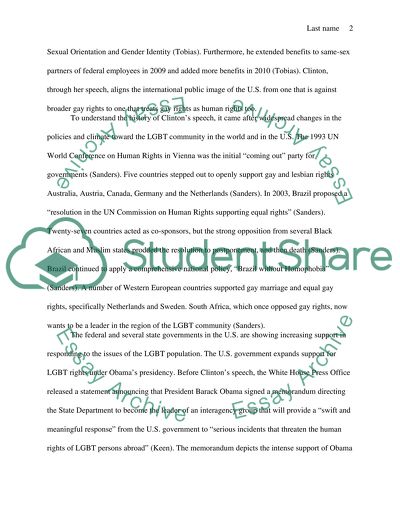Cite this document
(“The Historical Speech that Supports gay Right as Human Rights: Essay”, n.d.)
Retrieved from https://studentshare.org/english/1402310-oratorical-analysis
Retrieved from https://studentshare.org/english/1402310-oratorical-analysis
(The Historical Speech That Supports Gay Right As Human Rights: Essay)
https://studentshare.org/english/1402310-oratorical-analysis.
https://studentshare.org/english/1402310-oratorical-analysis.
“The Historical Speech That Supports Gay Right As Human Rights: Essay”, n.d. https://studentshare.org/english/1402310-oratorical-analysis.


